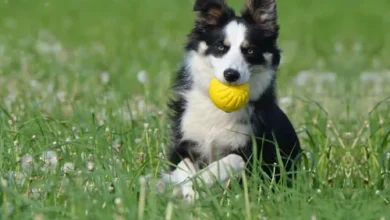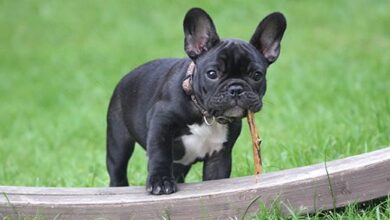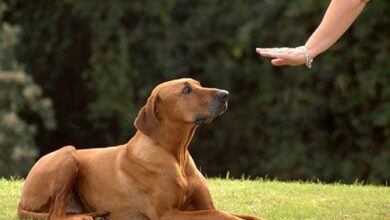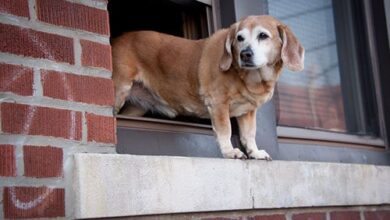Tips On House Training Your Pup Or Adult Dog
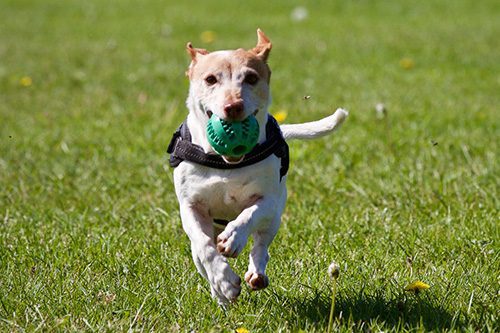

Tips On House training Your Pup and Tips On House training Your Adult Dog need not be as complicated as you may think. With the right techniques and consistently carrying out the correct strategies, you could be well on your way tohouse breaking your pup or adult dog easily. Bringing home a puppy is fun and exciting for every member of the family.
However, it is advisable to start house training your puppy at a tender age so that they start knowing what is acceptable and what isn’t. They are most receptive to training and correction between the ages of 3 to 6 months.


Tips On House Training Your Pup
Bathroom breaks
Before the puppy gets home, you need to have a special room or area for its privacy. It is unlikely that they have proper potty etiquette so expect him to relieve himself anywhere on the floor. Having newspapers cover the floor will make cleaning much easier. The puppy will choose a specific place to go potty and this is where the training starts. It is during this time that you will also get to observe and understand how frequent they need to go. When it creates a specific routine then you can proceed to letting him go outside at certain intervals.
Toys and play
It is normal for puppies to play and use anything as their toy. However, you need to teach them the limit to their play things. Buying them toys and putting them in their living area will let them know what is theirs and what isn’t. When they break this rule firmly take the item away from them and slowly say “NO”. You can also take the item and replace it with their toy.
Crate and reward system
When the puppy disobeys or becomes naughty, put him in his crate as a sign of punishment. On the other hand, reward him when he does good so as to encourage him to continue in the future
Tips On House Training Your Adult Dog
House training old dogs might be a little bit more challenging that training puppies. They already have a routine that they are accustomed to and changing it might be difficult. If the dog was initially house trained but seem to relapsing, it might be a sign of various issues such as, separation anxiety, medical problems, excitement and territory marking. It is however advisable to seek medical advice to rule out medical problems before proceeding to the next step.
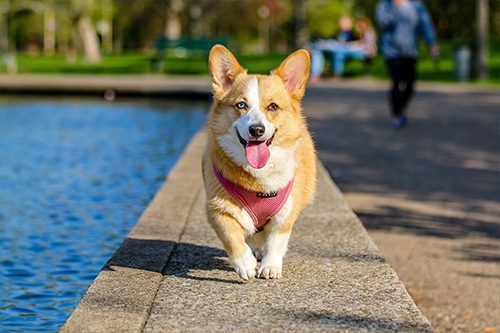

When your dog breaks their habits a punishment will let them know that it is not acceptable. Take away their treat or shake your head in disapproval. However this should be done right after or when he is in the middle of misbehaving. Dogs have a short term memory so doing it later will not pass the message across. Time outs when the dog misbehaves are also a great method of discipline. This should be done immediately the dog breaks any of the house rules.
Never tire in praising dog or rewarding your dog when he does good deeds. Like human beings, such treatment encourages him to repeat it and even do much better in the future.
It is however important to ensure that you take time to interact with your dog. Breaking of house rules that they once obeyed and adhered to might be way of them trying to pass a message across. It is also important to keep dogs away from small children and visitors before house training to prevent uncouth behavior such as barking and biting. Patience is also called for when training adult dogs and puppies is positive results are to be experienced.


